Stewards of Septic and the Power of Partnerships


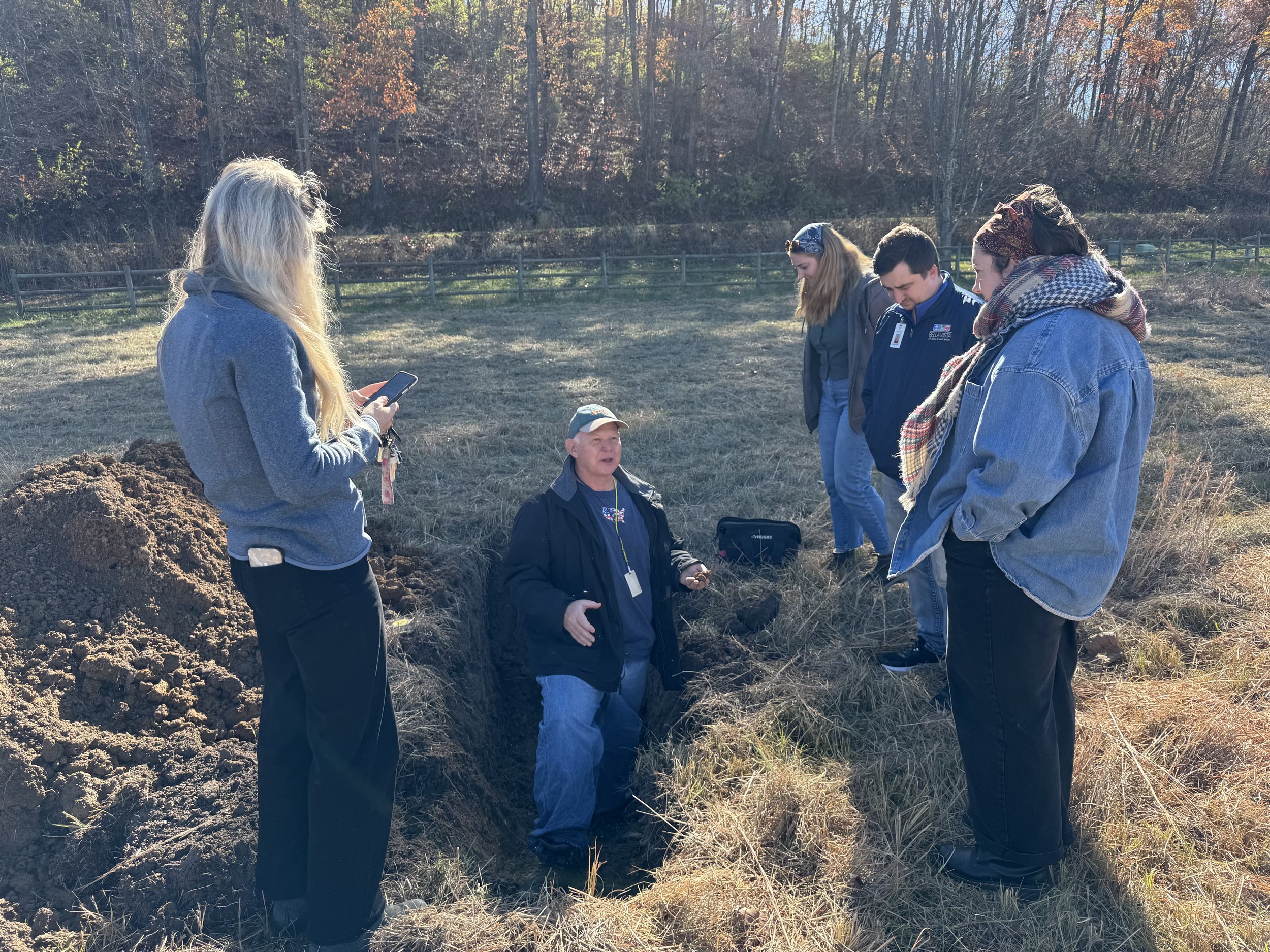
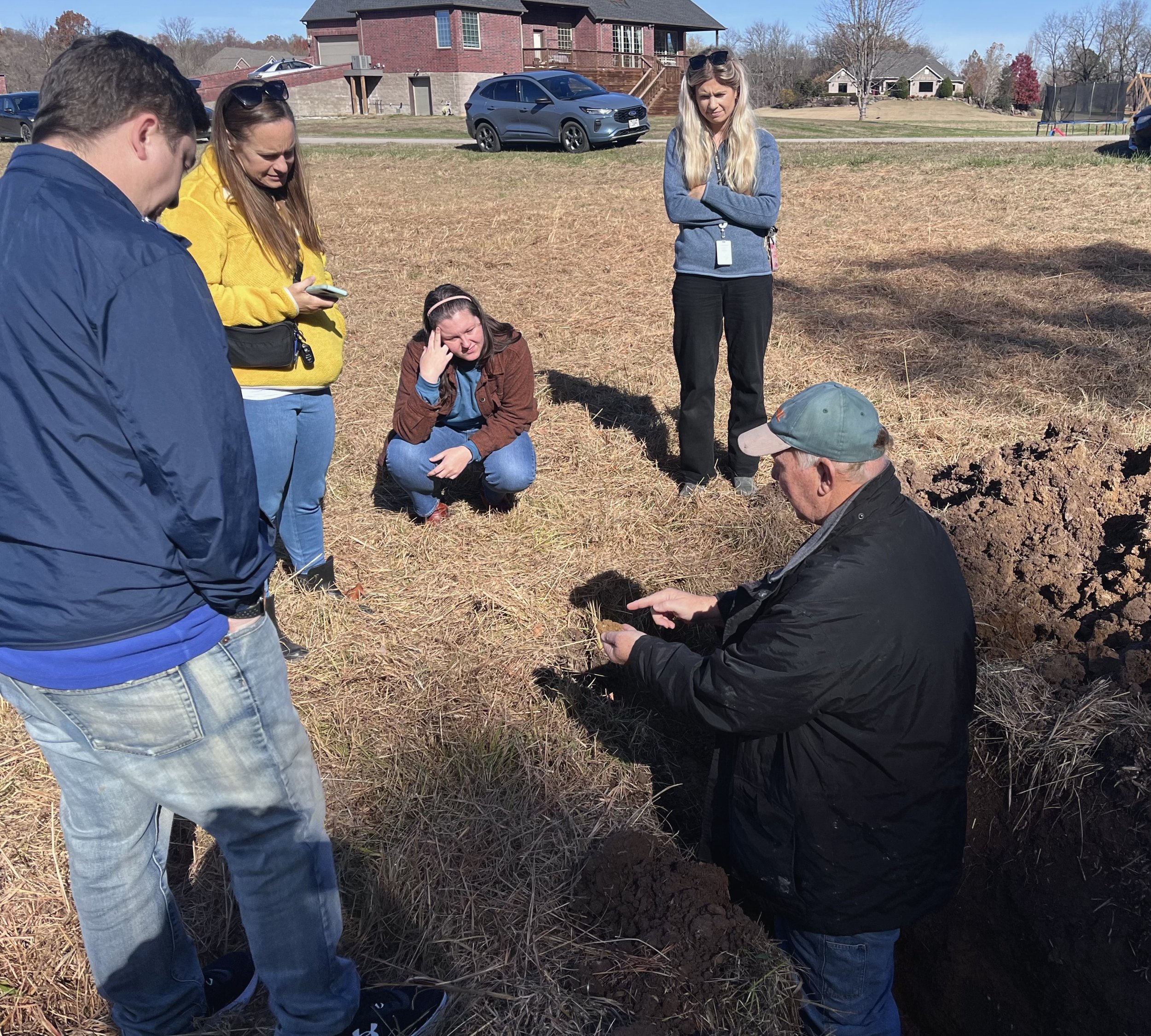
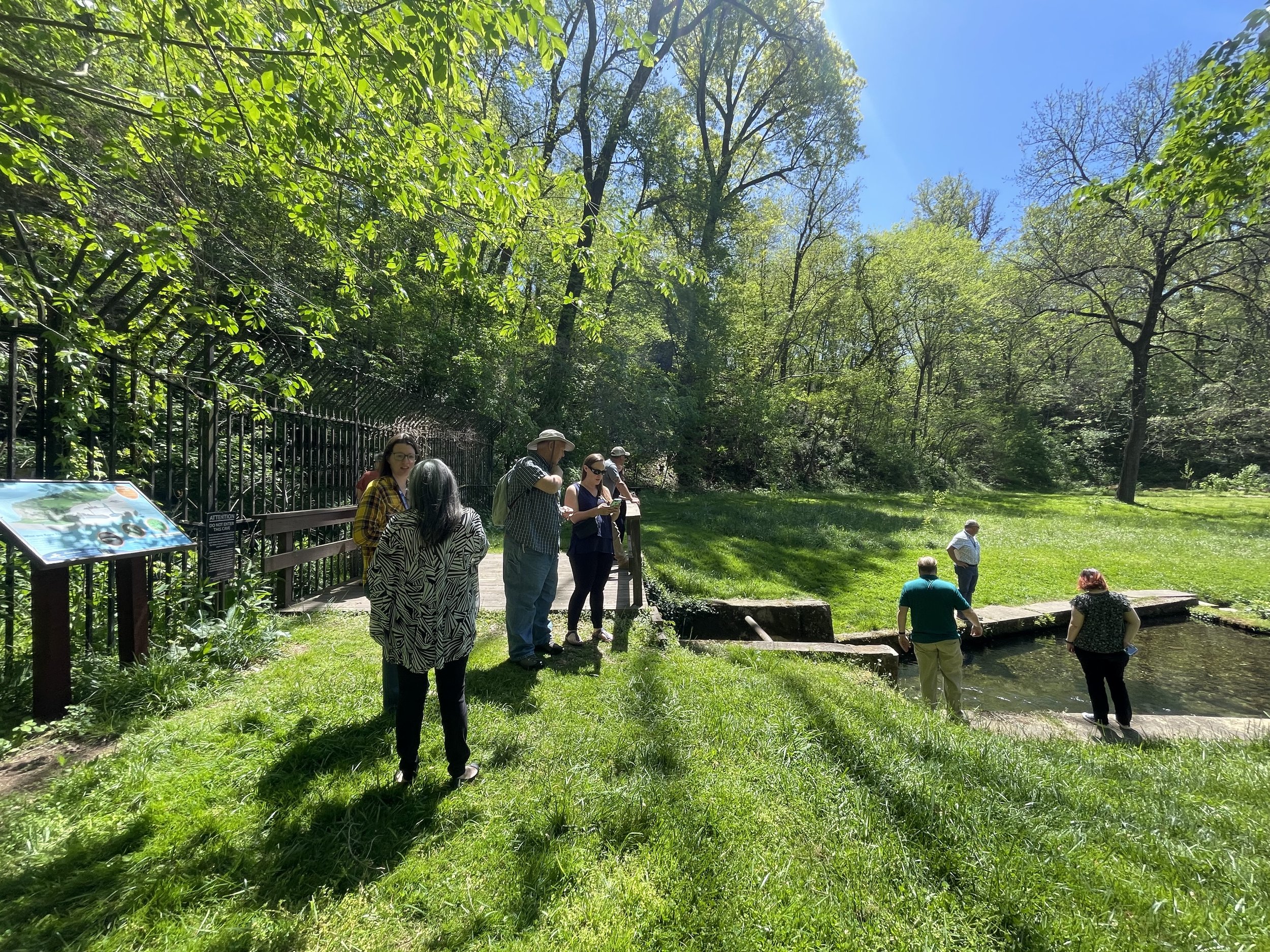
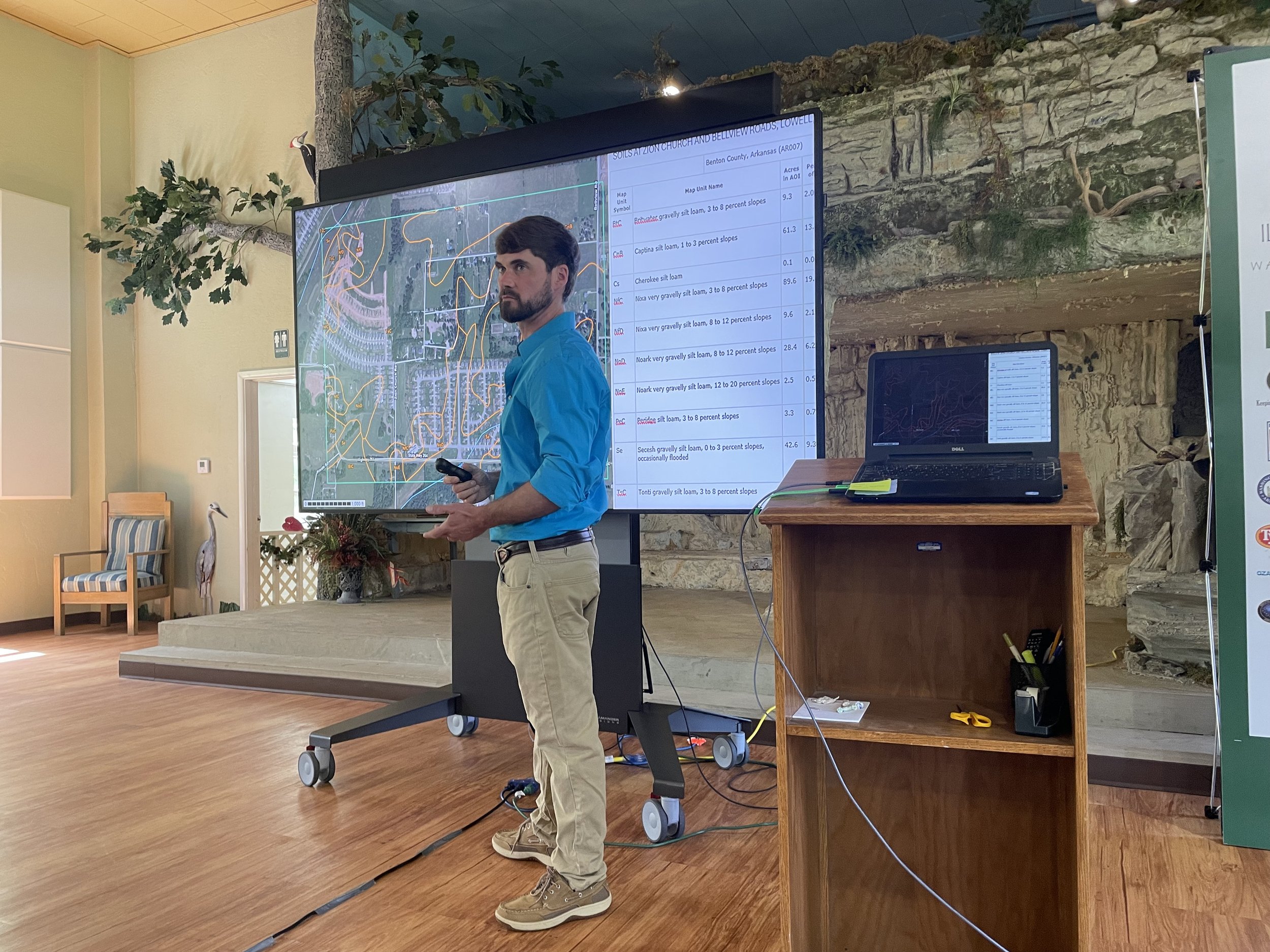
At the Illinois River Watershed Partnership or IRWP, we are dedicated to improving water quality and community health, and our Septic Tank Remediation Program (STRP) is a vital part of this mission. Thanks to the steadfast support of state and county agencies, this program is helping the Illinois River, the Buffalo River, and the Beaver Reservoir watersheds tackle one of the most significant challenges to water quality: Wastewater— and, specifically, nutrients from effluent introduced by failing septic systems.
With the recent award of $395,000 to continue STRP for another year, IRWP is thrilled to issue funding eligibility letters to qualified applicants. This funding makes it possible to replace outdated or failing septic systems that pose risks to both public health and our water resources. For those interested, getting started is simple—just email septic@irwp.org with your address to begin the pre-qualification process, or submit a Pre-Application here.
The Role of Our Partners in Water Stewardship
The success of STRP wouldn’t be possible without the dedicated collaboration of the Arkansas Department of Agriculture - Natural Resources Division and the Arkansas Department of Health (ADH). These state agencies play a critical role in safeguarding water quality by ensuring resources are allocated where they are needed most.
The Arkansas Department of Agriculture - Natural Resources Division provides financial support and technical expertise to address nonpoint source pollution through programs like STRP. Their investment in septic remediation directly reduces harmful contaminants entering streams and groundwater, creating healthier ecosystems and communities.
The Arkansas Department of Health works hand in hand with state and county offices to ensure septic systems are safe and effective. Through inspections, education, and policy enforcement, ADH ensures that landowners are informed and empowered to make necessary upgrades to protect public health.
Building a Better Future
Failing septic systems can contribute significant amounts of nutrients and bacteria to local waterways, threatening aquatic life and the health of communities. By replacing these systems, STRP reduces these risks and protects vital water resources.
But the program doesn’t stop at remediation. With the help of state agencies and county partners, STRP also serves as a platform for education, raising awareness about the connection between septic systems and water quality. This proactive approach fosters a culture of stewardship that extends far beyond individual projects.
County Environmental Health Specialists: Unsung Heroes
At the county level, Environmental Health Specialists (EHS) are on the front lines of this work. These professionals are often the first point of contact for landowners needing assistance with septic systems. They inspect systems, educate communities, and help ensure compliance with health and environmental regulations.
EHS teams also work closely with organizations like IRWP to connect landowners to resources, such as STRP, that make septic system upgrades more accessible. Their dedication not only improves water quality but also enhances quality of life for residents in the Illinois River Watershed.
Expanding Our Reach
If you know someone who could benefit from STRP, please refer them to septic@irwp.org. Referrals make a big difference in expanding the impact of this program. Additionally, for residents in the Buffalo or Beaver Reservoir Watersheds, Stefanie Reynolds at H2Ozarks is available to provide assistance.
Join Us in Protecting Our Water Resources
Every partner, landowner, and supporter plays a vital role in safeguarding the waters we depend on. Together with the Arkansas Department of Agriculture, the Arkansas Department of Health, and our county EHS teams, we’re creating cleaner, healthier watersheds—one septic system at a time.
Thank you for being a part of this important journey. Let’s continue working together to protect and preserve our water resources for future generations!
To Get Started: Email septic@irwp.org to get qualified or learn more.
